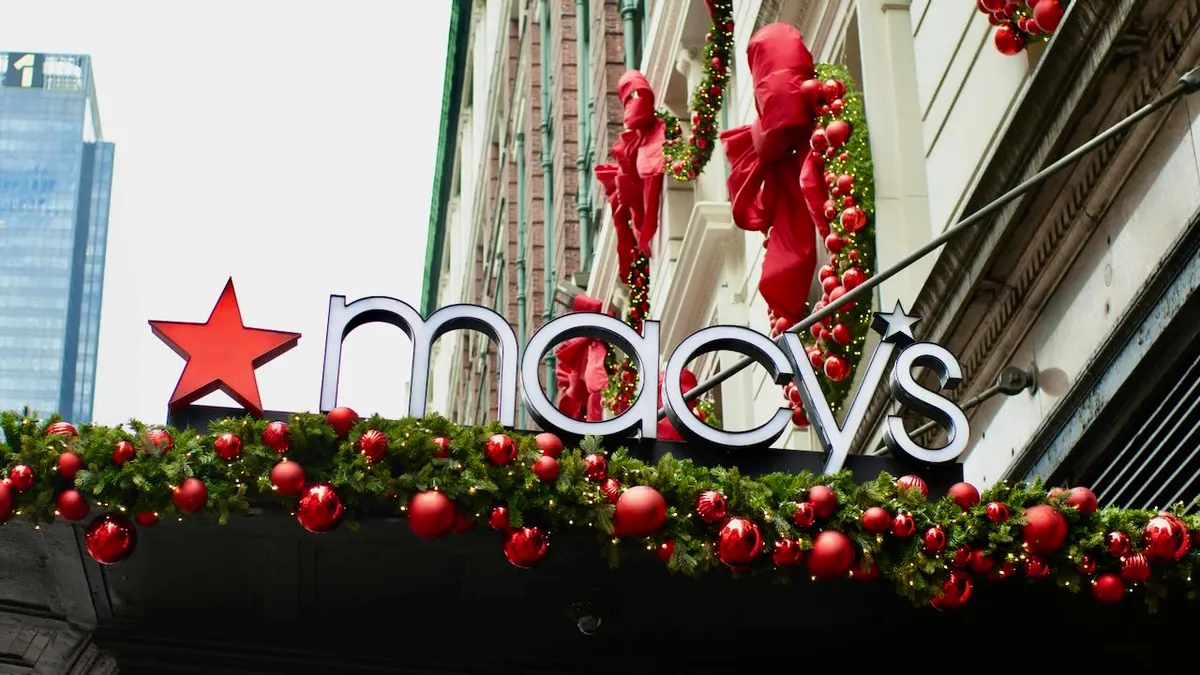Dive Brief:
-
Conduent, a company that has developed technologies in the areas of transaction processing, automation and analytics, has been awarded a U.S. patent for facial recognition technology that uses images from low resolution cameras, according to a page on its website.
-
The technology works by locating faces in video streams from low-resolution surveillance-grade video cameras, automatically identifying a person’s eyes to better understand facial expression, the company said. Machine learning and pattern recognition techniques allow the facial expressions to be classified.
-
Conduent noted that in retail the technology could be used to measure shopper satisfaction at different stages of the shopping process. This could allow more granular-level optimization of the physical shopping process, as well as allowing data to be collected in stores that could be leveraged across the entire omnichannel landscape.
Dive Insight:
Conduent’s announcement comes at an interesting time, just after news broke that Walmart was reported to be seeking a patent regarding a facial recognition technology it had developed.
Are the facial recognition patent wars set to begin? Maybe. Conduent’s patent appears to cover technology that leverages video from low-resolution surveillance cameras of the type that might be used for in-store security, and while Walmart is said to be working with a system that involves video cameras, there could be many subtleties in play here.
There are actually several companies now developing facial recognition technology of one kind or another, and also working in the related area of Emotion AI, which involves the use of artificial intelligence to analyze, classify and grade a variety of facial expressions. In addition to Walmart and Conduent, a short (and admittedly incomplete) list of companies working in this area include: Affectiva and Cloverleaf, Russia’s NTech Lab, Microsoft and Google.
However, there are others, and each company is pursuing its own angle. Cloverleaf, for example, is embedding scanning technology in shelving inserts. Others are targeting retailer's anti-theft program or as a method of alerting store associates to particular customers who may need assistance. Also, in addition to checkout lines or store shelves, cameras capturing images of customers' faces could be deployed elsewhere in stores.
"As a retailer, this is technology that can help you save money or help you earn money," NTechLab CEO Mikail Ivanov told Retail Dive recently. "It can help you find shoplifters, and it can help you create targeted marketing to better serve customers."
As retailers adopt the technology, whether its is developed by companies like Conduent, NTechLabs or created in-house, they will need to tread carefully around privacy concerns. Some of these technologies in play identify demographic features and general expressions without identifying the individual customer, and retailers also may want to consider assuring customers that images of their faces are not being saved by the retailer. Although, if a customer were to opt in to program allowing a retailer to personally identify them when they enter a particular store, that could prove to be a powerful tool in creating a better customer experience.













